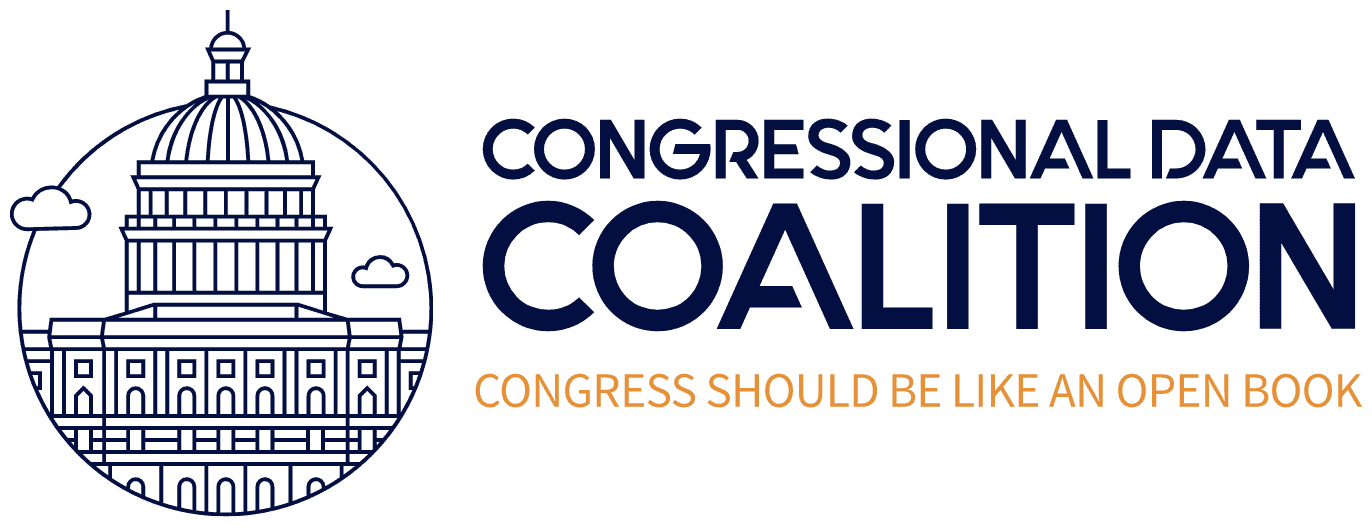The Congressional Data Task Force held its first quarterly meeting on Tuesday, March 19th, 2024. The agenda and other resources are available online here, and we expect video and slides will be made available soon. The next scheduled meeting is June 6th and December 12, 2024. It’s unclear whether there will be a fourth meeting around September, which is also when the Library usually holds its public-facing meeting on congressional data.
The following are highlights from the meeting.
Continue Reading